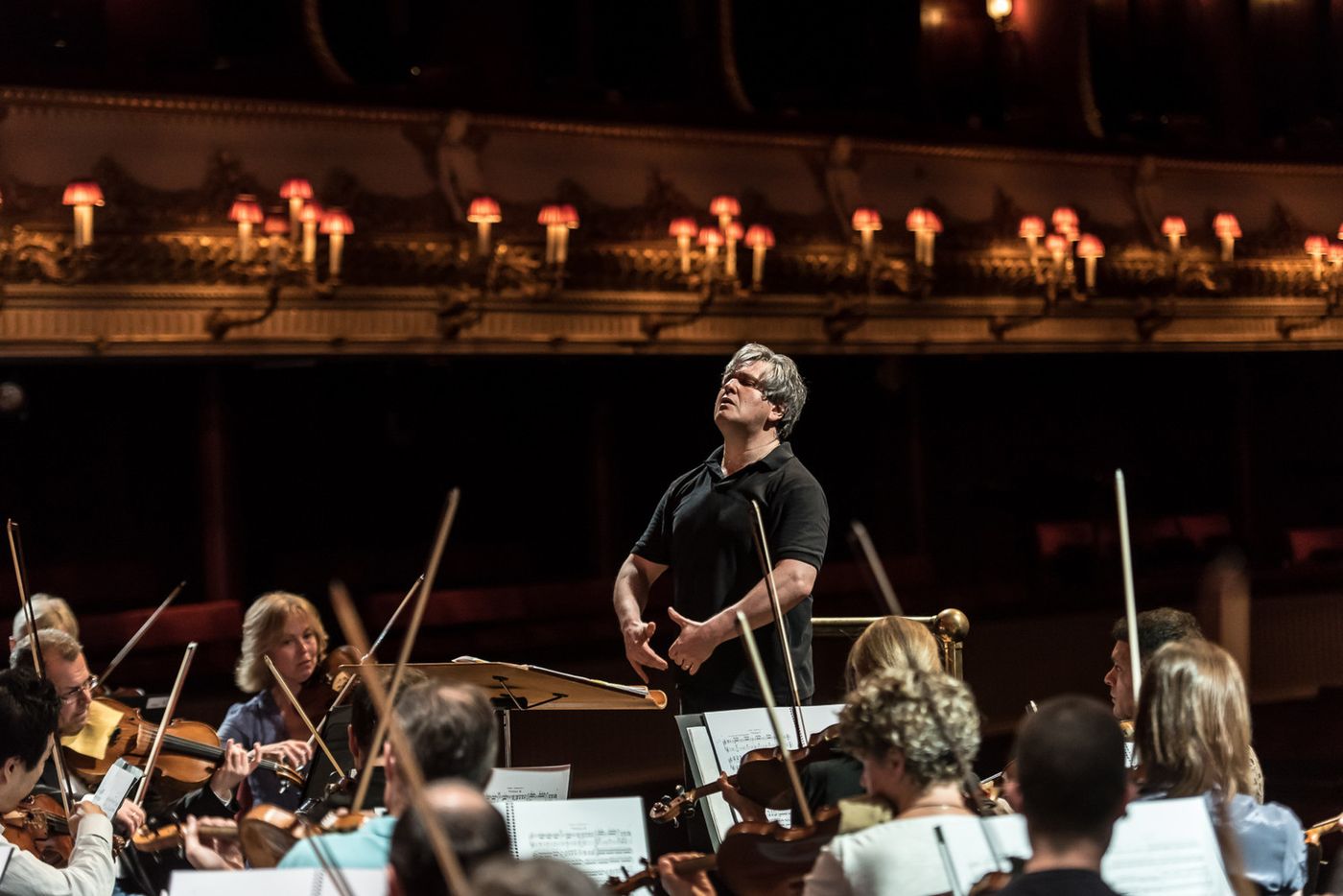Review: ORCHESTRA OF THE ROYAL OPERA HOUSE IN CONCERT, Royal Opera House

![]() Winter Daydreams, the title of Tchaikovsky's First Symphony, could have been the headline for this programme of both late 19th- and early 20th-century exponents of hibernal Russian introspection and the plight of misty melancholy.
Winter Daydreams, the title of Tchaikovsky's First Symphony, could have been the headline for this programme of both late 19th- and early 20th-century exponents of hibernal Russian introspection and the plight of misty melancholy.
Their execution in this concert by the Royal Opera House's orchestra nonetheless demonstrated a more of an extroverted, summery flair.
Beginning with Stravinsky's brief Feu d'artifice, conductor Antonio Pappano whipped the strings up into a perpetual frenzy; an array of fast-swooping bows that effused smoke and sparks with the fervour of an ominous, swelling furnace.
Yet just as the voraciousness of fire can detract from its caressing glow, so did Pappano's conflagration emit incidental squawks from brass and startlingly erroneous flares from incoherent woodwind. Urging the strings to play motifs in rigid rhythms in an imitation of Stravinsky's penchant for the Neo-Classical, Pappano produced a potent, sometimes luscious, but homogeneous brazen sound.
In a performance of Rachmaninov's romances, Anita Rachvelishvili poured out the generous timbre of a well-sustained mezzo-soprano. Using her unquestionable technique and refined breath control in the service of radiant notes, Rachvelishvili unleashed the full torrent of her operatic capacity, lending the songs a Wagnerian hue.
However, there were occasions when Rachvelishvili sacrificed tenderness in the name of vocal might. The words in the song "Christ has risen", "Kak brata brat voznenavidel" ("How brother began hating brother"), which reference violence in the land, could have been executed with a gentler and more prominent diminuendo.
A mournful moment in the romance "Ne poi, krasavitsa, pri mne" ("Don't sing before me, beauty") became ostentatious when Rachvelishvili emboldened the coloratura on the second syllable of "onye" (they), rather than exploring a more sombre sound.
The symphonic accompaniment was similarly dazzling - despite at times veering off in an independent direction. Strings, with their obstinately thick vibrato, remained scalding throughout frosty, morose episodes of music, irrespective of its elegiac quality. Similarly, there were moments when the woodwind spouted melodies outstandingly, but some where they were jarringly playful.
Pappano's interpretation of Tchaikovsky's Suite No. 3 assumed a comparably aestival quality, shying away from both subtlety and the work's at times indispensable eeriness. Pizzicato on the strings produced an often violent sound - imitating thunder rather than a ticking time bomb. Certain oboes did not start motifs but rather stumbled into them like someone tripping over their feet.
While jagged tempi were explored and racing waltzes oscillated with abandon, the timbre that emerged from strings was almost always warm and lush and of the same consistency. Even in quieter passages, it rarely yielded to a thinner tremolo or softer volume.
Altogether it was a dramatic evening - if unvarying. Both the Orchestra of the Royal Opera House under Pappano's baton and Rachvelishvili lit the fireworks with sumptuous aplomb. But excitement overtook the opportunity to create a deeper emotional engagement.
Photo credit: Clive Barda
Reader Reviews
Videos

